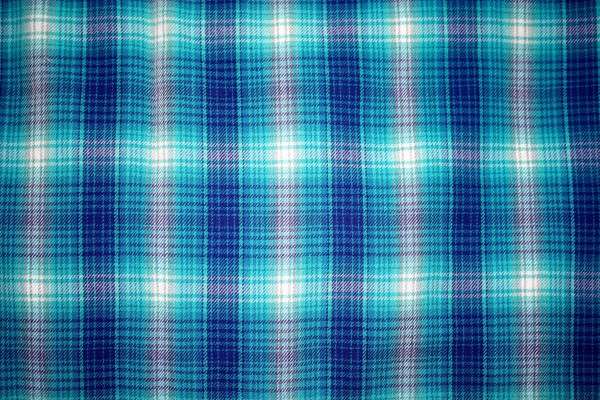
There we are. That's a flannel flower. You're not likely to come across one unless you're near Sydney, but I thought it would be a good way to start the week.
Otherwise, for most of us, flannel is a fabric, originally made in Wales.
Welsh flannel was wonderful stuff. The Pontcysyllte Aqueduct in North Wales, constructed by Thomas Telford in 1805, was, almost unbelievably, caulked with a mixture of flannel and boiling sugar.
At about the same time in England flannel waistcoats (what in America are called vests) were worn on campaign by military men, though a fondness for flannel waistcoats (rather than the flashier silk) was almost enough, in Jane Austen's Sense and Sensibility, to stop Colonel Brandon getting the girl.
Mind you, she was a rather a silly girl.
In the 1900s wearing a flannel vest became a status symbol among rural people in the USA, Canada and the USSR. In England cricketers were already wearing flannel trousers, also known as flannel bags:
The bearded man in the photo is the great WG Grace.
Nowadays, flannel, like this:

is mostly used for sleeping in, or for shirts.
If you are in Britain, though, a flannel will be a square of thin towelling, still used by the occasional odd bod for washing the face.
Also in Britain, to flannel is to speak at length in order to distract or deceive or flatter.
Salemen tend to be experts.
Spot the Frippet: flannel. This word appeared in the 1300s. It's probably a variant of flanen, which means sackcloth, from the Welsh gwlanen, woollen fabric, from gwlān, wool.
No comments:
Post a Comment
All comments are very welcome, but please make them suitable for The Word Den's family audience.